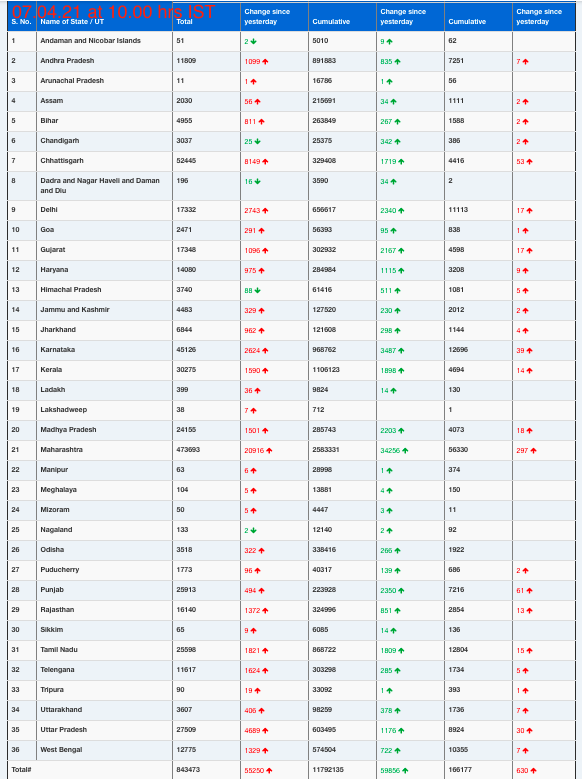
A breakthrough discovery in cancer research has emerged as researchers uncover a potential treatment for non-small cell lung cancer (NSCLC) by targeting an allergy-related pathway.
In a study published in the journal Nature, scientists identified a pathway linked to allergies that, when blocked, triggers an anti-tumor immune response in mouse models of NSCLC. This revelation prompted an investigation into repurposing an allergy and asthma medication, dupilumab—an Interleukin-4 (IL-4) receptor-blocking antibody—for cancer treatment.
Miriam Merad, from the Icahn School of Medicine at Mount Sinai, highlighted the limitations of current NSCLC treatment options. While immunotherapy using checkpoint blockade has shown promise, its effectiveness is limited, with only about a third of patients responding to it alone and benefits often being temporary.
Utilizing single-cell technologies and AI, the research team discovered immune cell characteristics resembling a ‘type 2’ immune response commonly associated with allergies. This finding led to exploring the repurposing of an allergy medication to enhance the tumor response to checkpoint blockade.
Thomas Marron, Director of the Early Phase Trial Unit at Mount Sinai’s Tisch Cancer Center, shared the striking results. In one patient with treatment-resistant lung cancer, the cancer almost disappeared after just three doses of the allergy medication, and the cancer remains under control over 17 months later.
While encouraged by these initial outcomes, researchers stress the necessity of larger clinical trials to validate the drug’s efficacy in treating NSCLC. The study has expanded to include dupilumab in combination with checkpoint blockade for a larger group of lung cancer patients. This expansion aims to identify biomarkers that could predict which patients might benefit from dupilumab treatment.
The study’s findings represent a potential breakthrough in lung cancer treatment, offering hope for improved therapies and personalized medicine approaches for patients with NSCLC.











